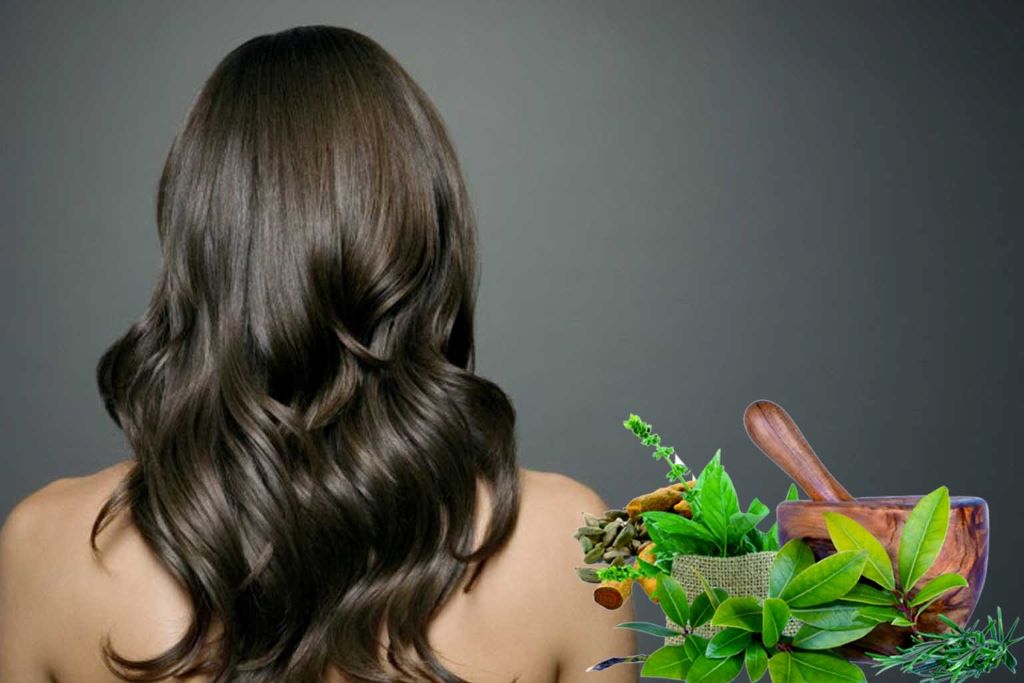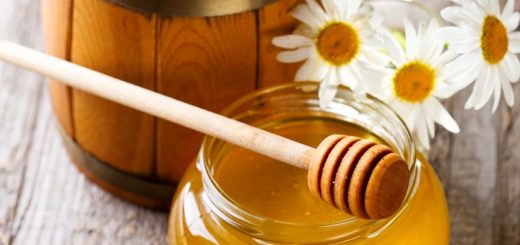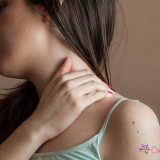Healthy Hair Naturally: DIY Haircare Without Harsh Chemicals
In today’s beauty landscape, the shift towards natural and chemical-free haircare is more than a trend—it’s a movement. With increasing awareness about the potential hazards of synthetic ingredients, many are turning to DIY solutions to nurture their locks. This comprehensive guide delves into the benefits of natural haircare, offers expert-backed DIY recipes, and provides insights to help you transition smoothly to a toxin-free hair routine.
The Hidden Dangers of Conventional Hair Products
Many commercial hair products contain ingredients like sulfates, parabens, and formaldehyde-releasing preservatives. A study by the Silent Spring Institute found that 53% of participants used products containing formaldehyde releasers, which are linked to cancer risks. These chemicals can strip hair of its natural oils, leading to dryness, breakage, and scalp irritation.
Moreover, synthetic fragrances and dyes can cause allergic reactions and hormonal disruptions. The cumulative effect of these toxins not only affects hair health but can also have broader health implications.
Embracing Natural Ingredients: The Path to Healthier Hair
Natural haircare emphasizes the use of ingredients derived from plants and minerals, free from synthetic additives. These ingredients work synergistically with the body’s natural processes, promoting healthier hair and scalp.
Benefits of Natural Haircare
- Nourishment: Natural ingredients like aloe vera and coconut oil provide essential nutrients that strengthen hair follicles.
- Scalp Health: Ingredients such as tea tree oil have antimicrobial properties that maintain scalp hygiene and prevent dandruff.
- Environmental Impact: Natural products are biodegradable and often come in eco-friendly packaging, reducing environmental harm.
DIY Haircare Recipes: Nature’s Solutions at Your Fingertips
Creating your own haircare products allows you to tailor treatments to your specific needs, ensuring optimal results.
-
Hydrating Avocado Hair Mask
Ingredients:
- 1 ripe avocado
- 1 tablespoon honey
- 1 tablespoon olive oil
Instructions:
- Mash the avocado until smooth.
- Mix in honey and olive oil.
- Apply to damp hair, focusing on ends.
- Leave for 30 minutes, then rinse with lukewarm water.
Benefits: Deeply moisturizes and repairs dry, damaged hair.
-
Scalp-Soothing Aloe Vera Gel
Ingredients:
- 2 tablespoons fresh aloe vera gel
- 5 drops tea tree oil
Instructions:
- Combine aloe vera gel with tea tree oil.
- Massage into the scalp.
- Leave for 20 minutes before rinsing.
Benefits: Reduces scalp inflammation and promotes hair growth.

-
Natural Hair Rinse with Apple Cider Vinegar
Ingredients:
- 2 tablespoons apple cider vinegar
- 1 cup water
Instructions:
- Mix apple cider vinegar with water.
- After shampooing, pour the mixture over your hair.
- Leave for a few minutes, then rinse.
Benefits: Balances scalp pH and adds shine.
Expert Tips for a Successful Transition
- Patch Test: Always test new ingredients on a small skin area to check for allergies.
- Consistency: Natural treatments may take time to show results; regular application is key.
- Diet Matters: A balanced diet rich in vitamins and minerals supports hair health from within.
Read More: Oriental Secrets of Hair Care
Featured Snippet: How Can I Naturally Improve Hair Health Without Chemicals?
To naturally enhance hair health without chemicals, focus on nourishing treatments and a balanced diet. Use ingredients like coconut oil for deep conditioning, aloe vera for scalp health, and apple cider vinegar for pH balance. Incorporate protein-rich foods such as eggs and nuts into your meals to strengthen hair from the inside. Regularly massage your scalp to stimulate blood flow, promoting hair growth. Avoid heat styling tools and opt for gentle, natural haircare routines to maintain healthy locks.
FAQs
-
How often should I use DIY hair masks?
Once or twice a week, depending on your hair’s needs.
-
Can natural ingredients cause allergies?
Yes, always perform a patch test before full application.
-
How long does it take to see results with natural haircare?
Results vary, but consistent use over a few weeks typically shows improvement.
-
Are natural haircare products suitable for all hair types?
Yes, but tailor ingredients to your specific hair type and concerns.
-
Can I replace my shampoo with natural alternatives?
Yes, options like baking soda or clay can cleanse hair naturally.
-
Do natural treatments help with hair growth?
They can promote a healthy scalp environment conducive to growth.
-
Is it cost-effective to make my own haircare products?
Yes, DIY haircare is often more affordable than commercial products.
Conclusion
Embracing natural, DIY haircare is a holistic approach to achieving healthy, vibrant hair. By understanding the benefits of natural ingredients and incorporating them into your routine, you can reduce exposure to harmful chemicals and promote overall hair wellness. Start your journey towards healthier hair today by exploring the power of nature’s remedies.
Read More: Hair Care-How to care your hair during the monsoon or rainy season












